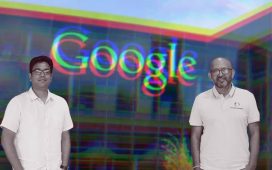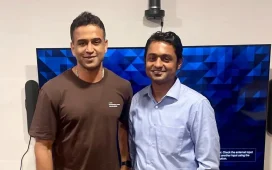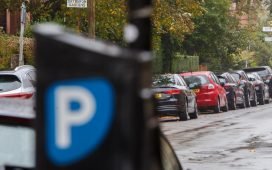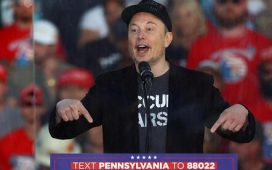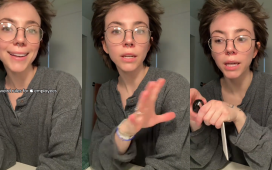| Updated:
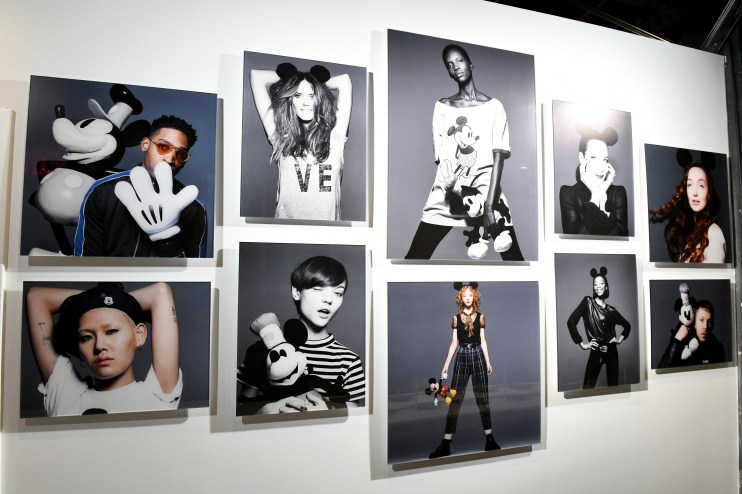
In focusing on art as a product, we overlook the artist’s role — AI isn’t just a tool, it’s a dangerous force that threatens to erase human creativity, intent, and presence from art entirely, says Andy Blackmore
Reading Lewis Liu’s essay on Marcel Duchamp’s impact on the artistic world, arguing that art is simply a social construct, and his theory that AI will do the same was a revelation. A lightbulb moment when I realised he was missing the point. With so much talk of art, he had completely forgotten the artist. AI will revolutionise the world, but just not in the way he expects, or I expect he wants.
To argue that AI is a tool for creating art, not just a replacement for the artist, sees the world solely through the utopian vision of the tech disciple and ignores the dystopian real-world impact of AI and economics. In all honesty, when it comes to it, I don’t think humankind has the faintest idea of what it’s playing with.
Yes, it’s a tool – but just like fire it’s one that could burn our fingers and our world to the ground. And yet, still, we play with it. Like a kitten with a hand grenade. Innocent fun until it explodes.
Yes, AI is amazing. Supposedly, it’s only as creative as the prompts we give it. Yet that’s not strictly true. It hallucinates. Ignores set parameters. It can be scary, disconcerting and even violating. Overstepping emotional boundaries by accident. Or predefined ones just because it thought it could. Despite explicitly telling it not to. It is also creative with the truth. Frankly, it makes stuff up.
AI is an existential crisis for art
Photography, indeed all art, faces an existential crisis in the form of generative AI. The decisive moment? There’s an app for that. Style? Just swipe left for Rankin and right for Tillmans. I’m now terrified of smartphones, the insidious mission creep of convenient apps and AI, and the idea that AI starts preemptively “improving” our shots in real time.
I fear we might not even realise what’s missing. The happenstance, the accidents, the humanity. But all that requires making the effort to be somewhere for reall. No. What really scares me is that we may not need photographers at all.
I dread laziness.
Convenience is addictive. The simpler it gets to “fix” a “flawed” photo, the easier it gets to construct the perfect facsimile from scratch in the first place. All those apps sucking up pixels, samples, like a visual DJ cueing tracks or cutting them – graphical Spotify, big data in action, storing, collating, waiting. Waiting for you. The right prompt and they are regurgitated in the right order. No more painting with light, just rearranging pixels.
When the end comes, when keyboard warriors are replaced by keyboard photojournalists, keyboard photographers and prompt engineers, future historians won’t question whether a photo was staged.
From then on, they’ll not even consider if it was faked but if it was generated. And then photographers will be pointless.
What then? We will have art in name only, not on paper as in the real world. Such art is as perishable as NFTs (anyone still remember them?), and that scares me to death, for, just as surely as if it had been burnt, it will all go up in smoke come the digital apocalypse. That’s what you get when you play with fire.
Andy Blackmore is picture editor at City AM

